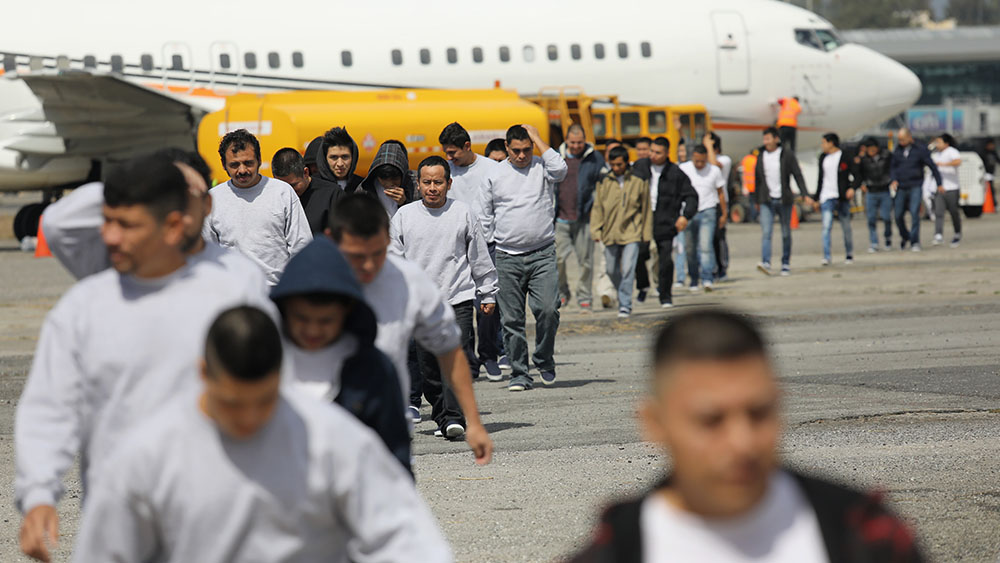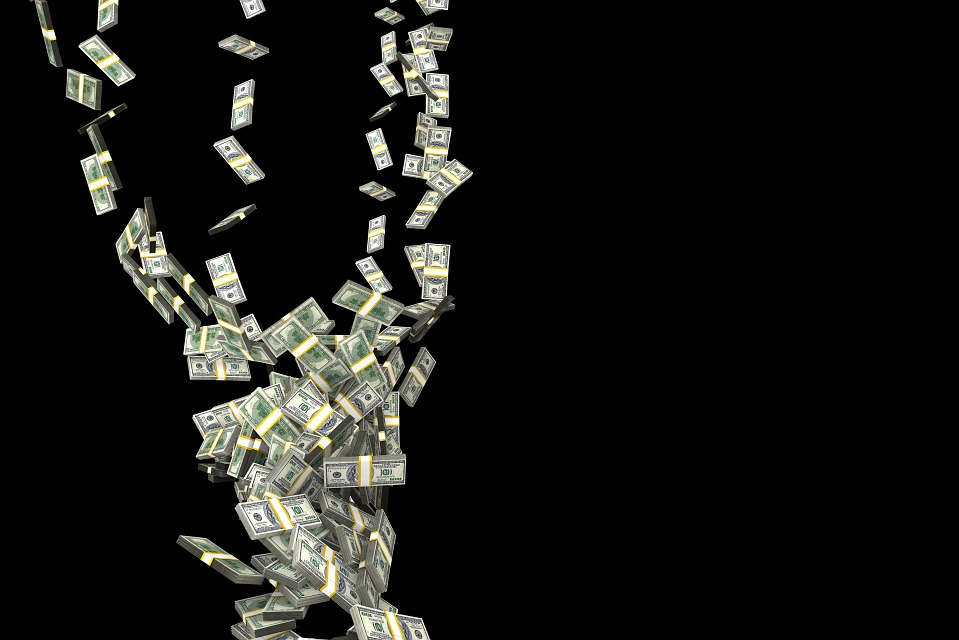A critical examination of the pro-Israel lobby: Robert David Steele's "Zionism in America: Seven Strikes & Counting"
- Robert David Steele's "Zionism in America: Seven Strikes & Counting" argues that Zionist dominance in U.S. politics, finance and media is facing unprecedented challenges, with growing opposition from both political and grassroots movements.
- President Donald Trump's ties to Zionist power brokers and Russian Jewish crime families are scrutinized, yet his alliances with global leaders (Putin, Xi) and reformist intelligence factions suggest a push for constitutional governance.
- Key "strikes" against Zionist power mentioned in the book include the 1967 USS Liberty attack by Israel; alleged Israeli intelligence involvement in 9/11; the Israel Anti-Boycott Act, seen as suppressing free speech; state-level loyalty pledges to Israel for aid/contracts; and shadowy Las Vegas connections (Adelson, Chertoff, Soros).
- Emerging rifts and scandals include Israeli PM Netanyahu's alienation of American Jews, while potential exposures include Arnon Milchan's espionage, Sen. Chuck Schumer's vulnerabilities and pedophilia in Orthodox Jewish circles.
- The book links Zionist influence to a larger "Deep State" network (Rothschilds, Khazarian Mafia) controlling finance, media and education, while scandals like Pizzagate fuel demands for systemic accountability.
"
Zionism in America: Seven Strikes & Counting" by Robert David Steele (1952-2021) delves into the contentious and historically complex relationship between Zionist influence and American politics, finance and media.
The book argues that what was once an unshakable power structure is now facing unprecedented challenges, signaling a potential shift in the balance of power. The growing opposition to Zionist influence spans from political corridors to grassroots movements, marking a pivotal moment in U.S. history.
Central to the discussion is the role of
President Donald Trump, whose unpredictable alliances have raised questions about his connections to Russian Jewish crime families and Zionist power brokers. Despite these ties, Trump's engagements with global leaders like Russia's Vladimir Putin and China's Xi Jinping, along with his alignment with the U.S. Marine Corps and reformist factions within intelligence agencies, suggest a broader push to restore constitutional governance. This dynamic underscores the volatile nature of political alliances and the shifting landscape of influence.
Steele outlines several key "strikes" that have weakened Zionist dominance in America. The USS Liberty incident where Israeli forces attacked a U.S. Navy ship in 1967 remains a contentious issue, fueling skepticism about U.S.-Israel relations. The events of 9/11, still mired in controversy, have also been scrutinized, with allegations implicating Israeli intelligence and its allies.
Another critical strike is the Israel Anti-Boycott Act that seeks to
criminalize criticism of Israel, sparking backlash against what many view as an assault on free speech. Additionally, state and local laws requiring loyalty pledges to Israel in exchange for disaster relief or contracts have further galvanized opposition.
The book also examines the shadowy connections in Las Vegas involving figures like Sheldon Adelson, Michael Chertoff and George Soros – suggesting deeper, clandestine operations. The sheer volume of sealed indictments hints at an impending legal reckoning.
Meanwhile, Israeli Prime Minister Benjamin Netanyahu’s apparent disregard for American Jews signals a growing rift between Israel and the Jewish diaspora, particularly progressive and reform communities. Journalist Judy Maltz's article "Divorcing the Diaspora," published November 2017 in Haaretz, sheds light on this divide.
Steele posits that three additional strikes may further erode Zionist influence. These claims, though controversial, reflect a broader movement seeking accountability and transparency in power structures:
- The exposure of film producer Arnon Milchan's alleged espionage
- Sen. Chuck Schumer's (D-NY) political vulnerabilities
- Revelations of pedophilia and Satanism within Orthodox Jewish circles
The book expands its critique to the so-called "Deep State," a network of elite families – often associated with
the Rothschilds and the Khazarian Mafia – alleged to control global finance, media and education. This system, Steele argues, perpetuates corruption and exploitation. The exposure of pedophilia through scandals like Pizzagate and Pedogate has further shaken public trust, implicating not only Orthodox Jewish communities but also Jesuit institutions and secretive groups like Bohemian Grove.
Looking ahead, Steele suggests that the status quo is under unprecedented scrutiny. The push for accountability in cases of abuse and corruption is gaining momentum, with Zionist influence being just one facet of a much larger struggle for truth and justice. As public awareness grows, so too does the demand for systemic change.
Ultimately, "Zionism in America: Seven Strikes & Counting" frames the challenge to Zionist power as part of a wider fight for democracy and human rights. Steele's work calls for vigilance, courage and a commitment to exposing hidden mechanisms of control.
In an era of increasing transparency, the book serves as a stark reminder that knowledge is the most potent weapon against entrenched power.
The unraveling of Zionist influence could mark a turning point in America's political and social evolution.
Watch this video about the book "
Zionism in America: Seven Strikes & Counting" by Robert David Steele.
This video is from the
BrightLearn channel on Brighteon.com.
Sources include:
Brighteon.ai
Brighteon.com
 Parler
Parler Gab
Gab










